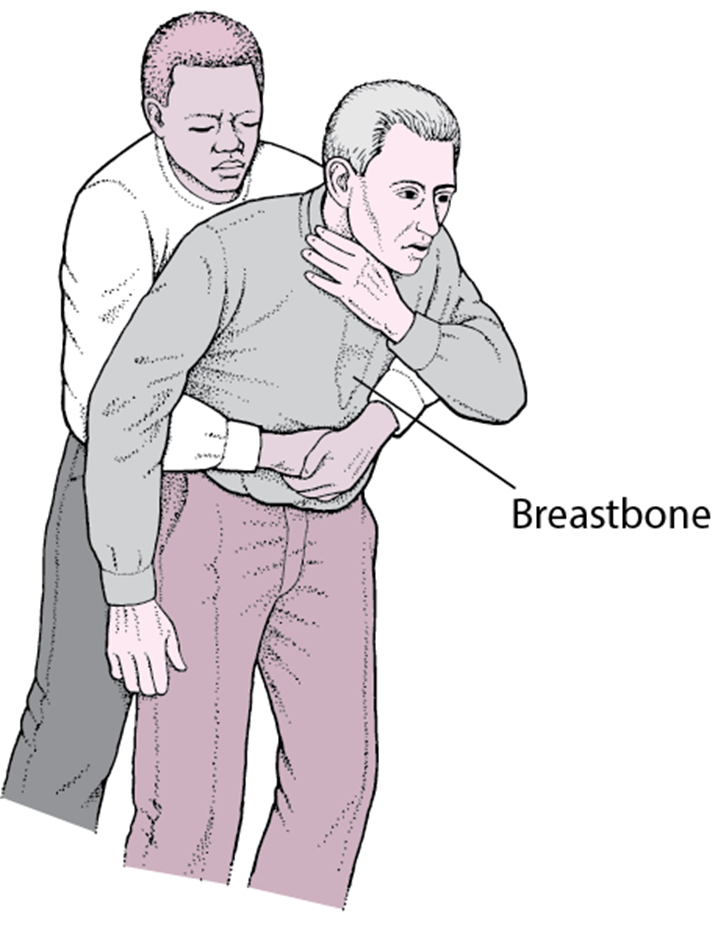A nurse is caring for a client who the provider suspects might have pernicious anemia. The nurse should expect the provider to prescribe which of the following diagnostic tests?
Schilling test
Haptoglobin
Sweat test
Antinuclear antibodies
The Correct Answer is A
A. Schilling test: This is the correct answer. The Schilling test is used to diagnose pernicious anemia, which is caused by vitamin B12 deficiency. The test measures the absorption of vitamin B12 in the gastrointestinal tract.
B. Haptoglobin: Haptoglobin is a test used to assess hemolysis and is not specific for pernicious anemia.
C. Sweat test: The sweat test is used to diagnose cystic fibrosis and is not relevant to the diagnosis of pernicious anemia.
D. Antinuclear antibodies: Antinuclear antibodies are tested to diagnose autoimmune disorders, such as systemic lupus erythematosus (SLE), and are not specific to pernicious anemia.
Nursing Test Bank
Naxlex Comprehensive Predictor Exams
Related Questions
Correct Answer is B
Explanation
A. Instruct the woman to call 911: This is a correct action, but it should be the second step after the nurse initiates first aid measures. Directing someone to call for emergency assistance is crucial, but immediate intervention to relieve the choking takes precedence.
B. The Heimlich maneuver involves abdominal thrusts and is the recommended technique for relieving choking in a conscious person. It is essential to act quickly and decisively to clear the airway.
C. Ask the partner if he can speak: If the person is unable to speak, cough, or breathe, it may indicate complete airway obstruction. The nurse should not delay intervention by asking if the person can speak but should immediately proceed with measures to relieve the choking.
D. Perform chest compressions: Chest compressions are not indicated for a conscious choking victim. Chest compressions are performed in the context of cardiopulmonary resuscitation (CPR) for an unconscious person with no pulse.

Correct Answer is A
Explanation
A. Schilling test: This is the correct answer. The Schilling test is used to diagnose pernicious anemia, which is caused by vitamin B12 deficiency. The test measures the absorption of vitamin B12 in the gastrointestinal tract.
B. Haptoglobin: Haptoglobin is a test used to assess hemolysis and is not specific for pernicious anemia.
C. Sweat test: The sweat test is used to diagnose cystic fibrosis and is not relevant to the diagnosis of pernicious anemia.
D. Antinuclear antibodies: Antinuclear antibodies are tested to diagnose autoimmune disorders, such as systemic lupus erythematosus (SLE), and are not specific to pernicious anemia.
Whether you are a student looking to ace your exams or a practicing nurse seeking to enhance your expertise , our nursing education contents will empower you with the confidence and competence to make a difference in the lives of patients and become a respected leader in the healthcare field.
Visit Naxlex, invest in your future and unlock endless possibilities with our unparalleled nursing education contents today
Report Wrong Answer on the Current Question
Do you disagree with the answer? If yes, what is your expected answer? Explain.
Kindly be descriptive with the issue you are facing.
